Fan Social
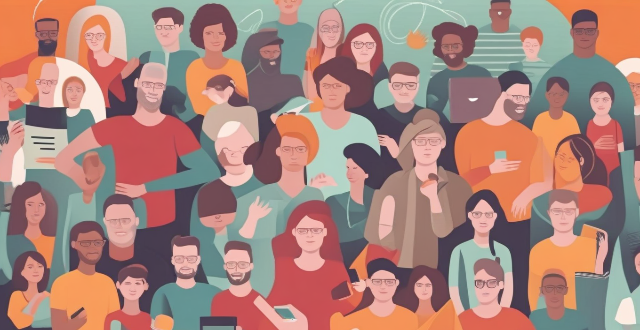
What role does social media play in organizing and promoting fan support events ?
Social media is a crucial tool for organizing and promoting fan support events, connecting fans, promoting events, engaging fans, and measuring success. It allows fans to form online communities dedicated to their favorite artists or sports teams, share news, updates, and information about upcoming events. Artists, sports teams, and event organizers can use social media to announce upcoming events, share details about the event, and encourage fans to attend. Social media also provides opportunities for fans to engage with their favorite artists or sports teams in meaningful ways, such as participating in contests and giveaways or sharing user-generated content related to the event. Finally, social media provides valuable data that can be used to measure the success of fan support events by tracking metrics such as likes, shares, comments, and reach.

Can you provide examples of successful fan support campaigns for different artists ?
Successful fan support campaigns for various artists have been instrumental in promoting their work and achieving their goals. Examples include Taylor Swift's "1989" world tour, Beyoncé's "Lemonade" release, and BTS's "Love Myself" anti-violence and anti-bullying campaign. These campaigns engaged fans through social media, exclusive content, and community building, resulting in increased album sales, critical acclaim, and positive change.

How do social media platforms contribute to the proliferation of celebrity romance speculation ?
The article discusses the role of social media in celebrity romance speculation, highlighting various aspects such as fan engagement, media strategies, and the nature of online content sharing. Fans create hashtags and ship names to root for their favorite celebrities, while media outlets promote stories about relationships to increase click rates. Celebrities or their teams sometimes post ambiguous photos or messages on social media, which fans interpret as hints about romantic involvements. The immediacy of social media means that any small interaction can be blown out of proportion before there's an opportunity for clarification, and fans often congregate in echo chambers where speculation is amplified. The article concludes that the proliferation of celebrity romance speculation on social media is a complex interplay between fan enthusiasm, media strategies, and the inherent traits of online platforms.
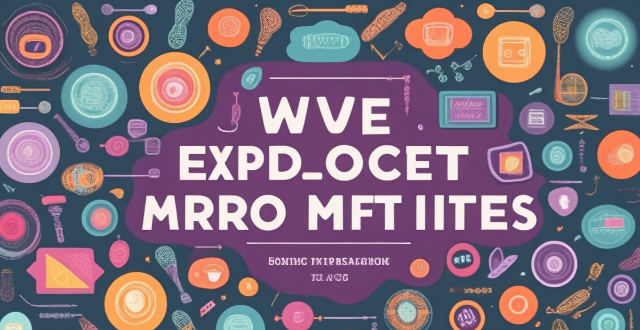
What impact has social media had on the way we consume and interact with sports content ?
In this article, we have explored the impact of social media on sports content consumption and interaction. We discussed how social media has revolutionized the way fans engage with sports content by providing live updates, facilitating fan discussions, enabling personalized content and customization, and making sports content more accessible and mobile. Overall, social media has transformed the sports ecosystem and will continue to shape the future of sports content consumption and interaction.

How do fan support events impact an artist's success and popularity ?
Fan support events play a crucial role in shaping an artist's success and popularity by increasing visibility, strengthening fan loyalty, providing monetization opportunities, and enhancing reputation and credibility. These events offer platforms for fans to connect with artists, generate media coverage, create social media buzz, foster personal connections, offer exclusive experiences, sell merchandise, increase ticket sales, gain industry recognition, and influence critic opinions. Overall, fan support events are essential components of an artist's career development strategy.
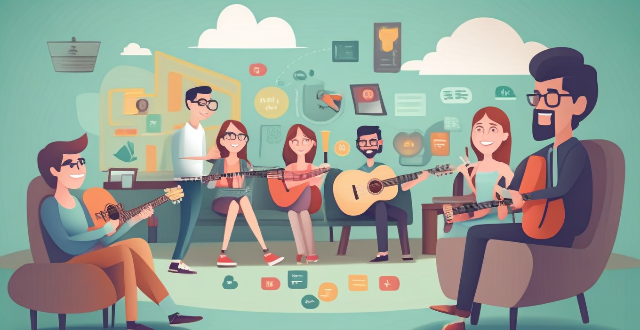
What are the most common types of fan support activities for musicians ?
Musicians depend on various fan support activities to build their careers, including attending concerts, streaming music, following on social media, participating in online communities, writing reviews, creating fan art, and organizing fundraising campaigns. These activities help generate income, increase exposure, strengthen connections with fans, and provide valuable feedback and support for musicians' endeavors.
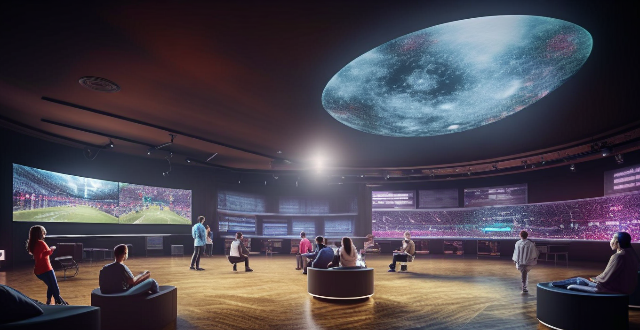
How has augmented reality transformed fan engagement in sports ?
Augmented Reality (AR) is revolutionizing fan engagement in sports by offering immersive experiences that blend physical and digital elements. AR enhances viewing experiences with interactive overlays and virtual seats, enables in-game interaction through team and player interaction and game day activities, boosts merchandise and sponsorship opportunities with interactive ads and virtual try-ons, aids navigation and wayfinding in stadiums, and encourages social sharing through augmented selfies and virtual reality social spaces. These advancements are transforming the way fans connect with sports and teams, creating more engaging and interactive experiences.
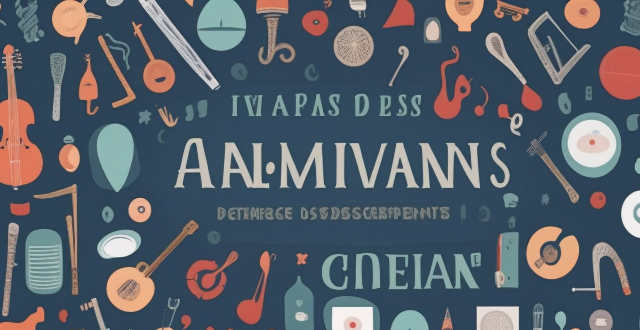
How do fan support events differ between music genres or cultures ?
The text discusses the variations in fan support events across different music genres and cultures. It highlights how these events differ in terms of concert tours, meet and greets, signings, fan clubs, and online communities. The examples provided illustrate the unique traditions and practices associated with each genre or culture, showing how artists connect with their audiences in diverse ways.

What are some creative ways to organize a fan support event ?
Organizing a fan support event can be a fun and creative way to engage with your audience and create a sense of community around your brand or organization. Here are some creative ways to organize a fan support event: 1. Hosting themed parties, such as costume contests or trivia nights. 2. Organizing virtual events where fans can participate from home, such as live streaming the event on social media platforms or creating interactive experiences. 3. Collaborating with other brands or organizations to expand your reach and create unique experiences for fans. 4. Hosting contests and giveaways to engage fans and create excitement around your event. 5. Personalizing the event experience for fans, such as offering personalized merchandise or creating custom-made content featuring fans' names. 6. Creating interactive installations or exhibits related to your brand or organization. 7. Involving the local community in your fan support event to create a sense of belonging and connection among fans.

How does the media influence the perception of different sports and their respective fan bases ?
The media significantly impacts sports perception and fan bases by focusing on popular sports, creating celebrity athletes, promoting major events, fostering online communities, and shaping public opinion. This influences how people engage with and view various sports.

In what ways can AI enhance the fan experience at sporting events ?
AI is enhancing the fan experience at sporting events by offering personalized, interactive, secure, and accessible experiences. It can create customized highlights, provide real-time analytics, offer immersive VR/AR experiences, power interactive apps, enhance security through facial recognition and crowd management, and improve accessibility with live captioning, translation, and visualization tools for blind fans. These advancements are making sports more enjoyable and safer for fans worldwide.
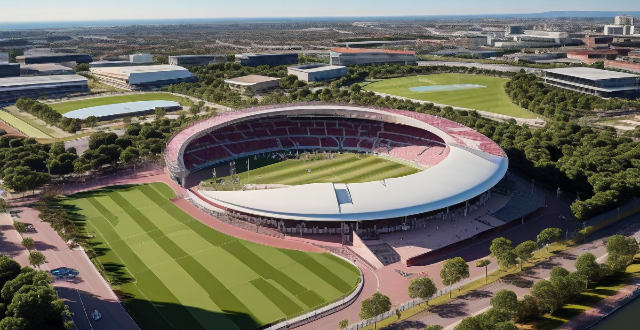
How can a sports stadium be designed to enhance fan engagement and experience ?
Designing a sports stadium to enhance fan engagement and experience requires careful consideration of various factors. These include seating arrangements, technology integration, amenities, and more. Key strategies for designing an engaging stadium involve creating premium seating options near the field, ensuring good viewing angles, providing comfortable seating, offering strong Wi-Fi connectivity, developing mobile apps, installing large screen displays, integrating interactive features, offering a variety of food and beverage options, ensuring ample restroom facilities, creating merchandise stores, designating family-friendly areas, using music and lighting effects to create an energetic atmosphere, encouraging fan interaction through contests and giveaways, and planning themed events around holidays or special occasions. By prioritizing these factors, you can ensure that your sports stadium becomes a destination for sports enthusiasts seeking an exceptional experience.

How do celebrities use social media to engage with their fans ?
Celebrities use social media to engage with fans through personal updates, interactive posts, live streaming, collaborations, promotional campaigns, and direct messaging.
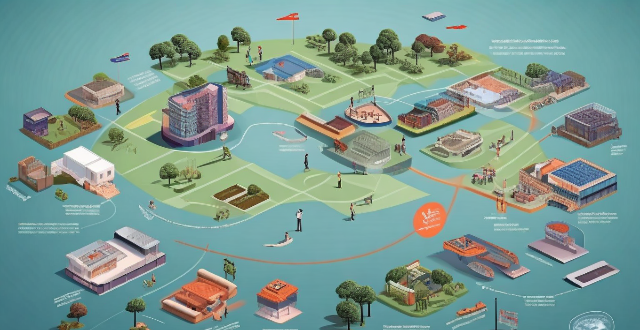
How does the globalization of sports media affect fan engagement and consumption patterns ?
The globalization of sports media has significantly impacted fan engagement and consumption patterns. Enhanced accessibility through live streaming, on-demand content, and digital platforms has revolutionized how fans watch and interact with sports. Diverse content offerings, including international coverage and multilingual broadcasts, have expanded the reach of sports to global audiences. Personalized experiences through customized content and fantasy sports have increased fan engagement. Additionally, virtual events, e-sports, and online tournaments provide new opportunities for fans to participate and engage. Changes in consumption patterns, such as a shift towards digital subscription models and online merchandise shopping, reflect the evolving landscape of sports media. Overall, the globalization of sports media has transformed the way fans consume and enjoy sports worldwide.
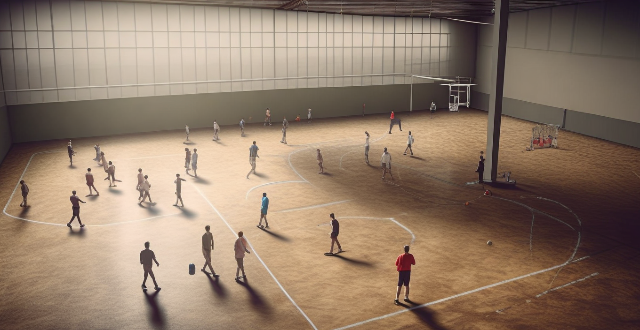
Does sports sponsorship have an impact on the fan engagement and loyalty towards a team or event ?
The influence of sports sponsorship on fan engagement and loyalty is multifaceted, with potential positive impacts such as enhanced brand visibility, improved attendance and viewership, and community involvement. However, there are also potential negative effects like overcommercialization concerns and misaligned brand values. The impact can vary based on factors including team performance and fan demographics.

What are the benefits and drawbacks of virtual fan support events compared to in-person events ?
Virtual fan support events provide global accessibility, cost-Virtual fan support events provide global accessibility, cost- benefits but face challenges like limited cost-effectiveness, and safety benefits but face challenges like limited personal interaction and technical issues. Finding a balance between virtual and in-person events is crucial for meaningful connections.

How can I increase viewer interaction in my online broadcasts ?
Increasing viewer interaction is crucial for online broadcasters to build a loyal fan base and improve engagement. Strategies include engaging with the audience through live chat, polls, and Q&A sessions; incorporating interactive games, collaborations, and guest appearances; using visually appealing graphics and custom overlays; building a community through fan groups and contests; and encouraging viewer participation by showcasing their content.

What role does social media play in shaping a celebrity's image and brand ?
The text discusses the role of social media in shaping a celebrity's image and brand. It outlines six key ways in which social media impacts a celebrity's public perception and personal branding: connecting with fans, controlling the narrative, promoting projects, endorsements and sponsorships, crisis management, and personal branding. The text emphasizes that social media is an integral part of modern society and plays a significant role in building a loyal fan base, generating buzz for projects, expanding reach and influence through endorsements, handling crises effectively, and developing a distinct personal brand.

How has social media impacted the entertainment industry ?
The text discusses the impact of social media on the entertainment industry. It mentions that social media has increased accessibility to content, changed content creation, made it possible for audiences to interact with creators, become a crucial tool for marketing and promotion, and created new revenue streams. The text concludes that social media has had a profound impact on the industry and will continue to shape its future.

How can fans get involved in their favorite celebrity's charity work ?
Fan involvement in a favorite celebrity's charity work can take many forms, from direct donations to volunteering time and skills, spreading awareness, participating in challenges, collaborative projects, and staying updated on the charity's activities. These actions not only support the causes championed by celebrities but also foster a deeper connection between fans and the stars they admire.
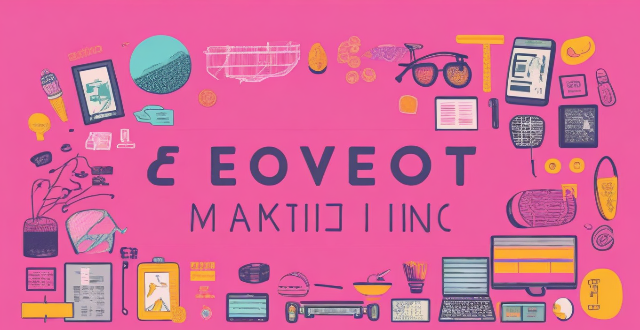
What is the role of social media in sports marketing ?
The article explores the role of social media in sports marketing, highlighting its ability to engage with fans, promote events, and build brand awareness. It suggests that by producing high-quality content and engaging with followers, sports organizations can increase their online presence and attract new fans. The article also discusses strategies for promoting events on social media, such as targeted advertising and word-of-mouth marketing. Overall, it emphasizes the importance of social media in modern sports marketing and encourages teams to leverage these platforms to reach their target audience.

What are some common mistakes that celebrities make on social media ?
Celebrities often make mistakes on social media, such as oversharing personal information, not being authentic, ignoring negative comments, posting inappropriate content, failing to engage with fans, having inconsistent brand images, not taking advantage of promotional opportunities, lacking transparency, poor timing of posts, and emotionally venting on public platforms. By avoiding these pitfalls, celebrities can maintain a strong presence on social media and foster deeper connections with their fans.
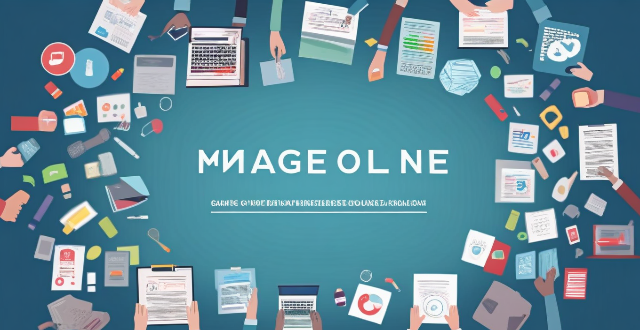
How do celebrities manage their online presence and reputation on social media ?
Celebrities manage their online presence and reputation on social media by hiring a social media manager, maintaining consistency across platforms, engaging with fans, promoting positive messages, handling criticism gracefully, and monitoring their image. These strategies help them maintain a positive online presence while connecting with fans and promoting their work effectively.
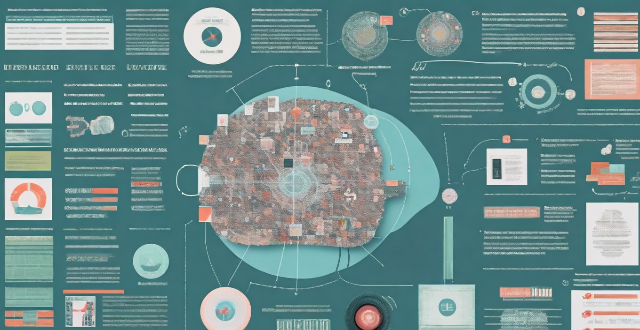
How does sports culture shape the media industry ?
Sports culture significantly impacts the media industry by influencing content, formats, and business models. This influence is evident across various media platforms, including news coverage, advertising strategies, social media engagement, and more. The prioritization of sports news, specialized reporting, live broadcasting, brand integration, athlete endorsements, and fan interaction are just some examples of how sports culture shapes the media landscape. Additionally, the growth of fantasy sports and gamification further integrates sports into media consumption. As both industries continue to evolve, their relationship is expected to grow stronger, with sports culture remaining a central force in shaping the media industry.

How has AI influenced the way we watch and engage with sports ?
Artificial Intelligence has transformed the way we watch and engage with sports. AI technology has improved the viewing experience, provided valuable insights into sports performance and strategy, and enhanced fan engagement through features like virtual reality, real-time highlights, personalized content, player performance analysis, game strategy analysis, injury prevention, fan interaction, gamification, and augmented reality. These advancements have revolutionized the sports industry and will continue to shape our relationship with sports in the future.

What are some innovative features that can be included in modern sports stadium design ?
Innovative features in modern sports stadium design include sustainable construction, advanced technology, enhanced fan experience, safety and security measures, flexible design, and environmentally conscious facilities. These features aim to improve the fan experience, increase sustainability, and ensure the safety of attendees.

How do celebrity talk shows contribute to the entertainment industry as a whole ?
Celebrity talk shows play a pivotal role in the entertainment industry by offering a platform for celebrities to interact with their audience, promoting their work, and providing an intimate look into their lives. These programs contribute significantly to the entertainment landscape in various ways: 1. **Promotion and Marketing**: Celebrities often use talk shows to promote upcoming films, albums, or other projects, serving as a powerful marketing tool that reaches a broad audience. The anticipation generated by celebrity appearances can create significant buzz around their work, driving interest and sales. 2. **Fan Engagement**: Talk shows provide fans with interactive experiences through live calls, social media interactions, and in-studio audience participation. Fans feel more connected to celebrities when they see them in a relaxed, conversational setting, deepening loyalty and fan engagement. 3. **Entertainment Value**: From comedy to drama, music performances to cooking segments, talk shows offer a wide range of entertainment options. Some also incorporate educational segments, such as health tips or financial advice from experts, adding value beyond pure entertainment. 4. **Cultural Impact**: Celebrities often use talk shows as a platform to discuss important social issues, bringing attention to causes they support. Talk shows reflect current cultural trends and societal changes, serving as a mirror to the public's interests and concerns. 5. **Economic Benefits**: High viewership numbers for popular talk shows attract significant advertising revenue, benefiting both the show producers and the networks. Up-and-coming artists and performers gain exposure when featured on these shows, potentially boosting their careers. 6. **Innovation and Evolution**: Talk shows constantly adapt to new technologies, integrating social media and online streaming platforms to reach wider audiences. The format has evolved over time, incorporating new elements like virtual reality segments or 360-degree filming techniques. 7. **Conclusion**: Celebrity talk shows are not just about light-hearted conversations; they serve as a multifaceted component of the entertainment industry. They provide promotional opportunities, engage fans, deliver diverse content, impact culture, generate economic benefits, and continuously innovate to remain relevant. As such, these programs are essential for maintaining a dynamic and thriving entertainment ecosystem.
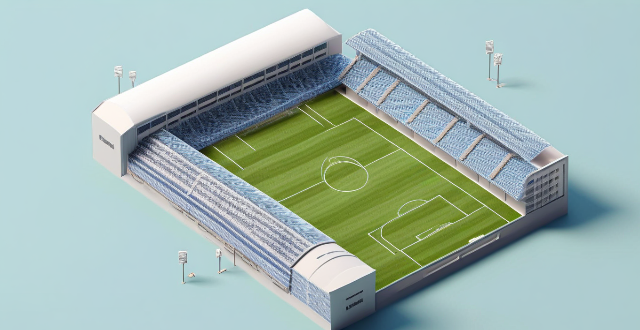
What role does technology play in the design of a sports stadium ?
Technology has revolutionized the design of sports stadiums, enhancing fan experience with interactive displays, mobile apps, and augmented reality. It also improves functionality and safety through advanced lighting systems, security cameras, and smart building management systems. As technology evolves, we can expect more innovative solutions that will further transform the way we enjoy sports events.

What are some innovative ways that technology is being used in sports ?
Technology has significantly transformed various aspects of sports, including training methods, fan engagement, and game strategies. Key areas where technology is making a notable impact include virtual and augmented reality for both training and enhancing the fan experience, wearable technology for performance tracking and injury prevention, advanced analytics in player performance analysis and game strategy, video technology like instant replay and drone cameras for improved officiating and viewing experiences, eSports and gaming for interactive experiences and training simulations, social media and digital engagement for athlete interaction and live streaming, artificial intelligence in generating match highlights and aiding injury rehabilitation, and the Internet of Things in creating smart stadiums and monitoring equipment maintenance. These advancements not only improve performance but also enrich the overall sports experience for everyone involved.